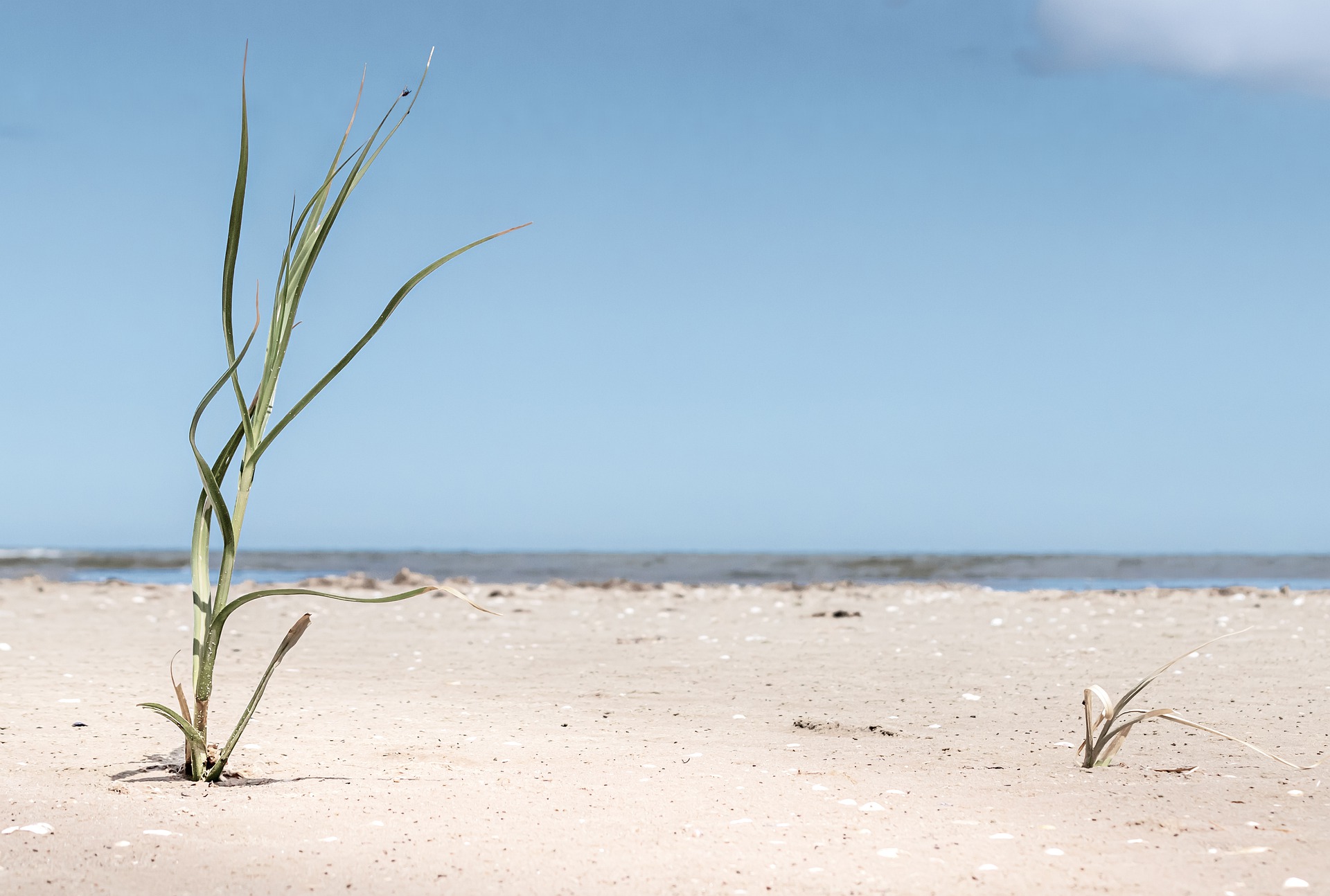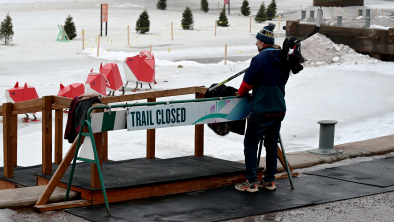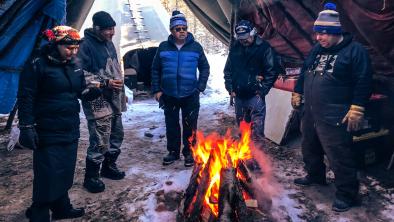'We have 34 weeks of water left in that lake'
Winnipeg Free Press

Morden faces supply dilemma as usage restrictions loom across parched Manitoba.
More Manitobans may be forced to restrict water use, as the province copes with some of the lowest levels in its history.
"We are in a serious, low-water situation," Infrastructure Minister Ron Schuler said at a news conference Thursday.
"If dry conditions persist and strain continues on the rivers and reservoirs' water levels, the minister of agriculture and resource development can declare a serious water shortage under the Water Protection Act, and issue an order to prevent, minimize or alleviate the water shortage."
Even with several communities evacuated because of bone-dry forests burning and many farmers facing a severe water shortage for crops and animals, Manitoba households aren't about to see their taps run dry just yet, Schuler said.
"Most water supply reservoirs have sufficient supply levels given the dry conditions, with the exception of Lake Minnewasta, the City of Morden’s primary drinking water source, which is at 68 per cent of full-supply level."
Based on how quickly the man-made lake's levels are falling, the city of about 8,700 will run out of drinking water in 34 weeks, prompting Morden to enact a restrictions bylaw, including a prohibition on watering flower gardens and lawns.
Morden Mayor Brandon Burley said Lake Minnewasta is currently more than 2 1/2 metres below the full supply level.
"We have 34 weeks of water left in that lake," Burley said. "We’re hoping for the best and preparing for the worst."
The Rural Municipality of Macdonald, southwest of Winnipeg, has also placed restrictions on water use, not allowing lawn watering or car washing.
Provincial infrastructure and agriculture officials are closely monitoring conditions across the province and meeting with those affected, Schuler said. "The forecast is, until fall, we probably won't get much rainfall and that is worrisome."
Schuler said he wasn't able to comment on how drastically-reduced water levels are affecting agriculture or Manitoba Hydro operations.
A spokesman for Hydro said there is no risk of the Crown power utility not being able to meet customer's energy needs.
Low water levels have had a small impact on hydraulic generation "adding some pressure on revenue," but water supplies can recover to average or above average relatively quickly following persistent, widespread rain events, Bruce Owen said in an email. Such a turnaround occurred in 2019-20, he noted.
Schuler said he called Thursday's news conference to talk about the impact low lake levels are having.
"I know a lot of people love to go to their lakes, especially this weekend — it's supposed to be really nice and sunny," the MLA for Springfield-Ritchot said. "They're going to find it's going to be difficult getting, for instance, a boat into Lake Manitoba."
Lake Manitoba, at 810.6 feet, is at the lowest level ever for this time of year, Schuler said. Just in the last month, it dropped a half-foot (15 centimetres), mostly due to evaporation, he said, calling the situation "serious" and "substantial."
"Without any substantial rain, the prediction from our Hydrologic Forecast Centre is that Lake Manitoba will continue to decline by half-an-inch every week," Schuler said.
The province's water control structures are being operated to mitigate low water levels.
"Our primary focus is potable water, to make sure people can still live, drink and do household things they need. As states of emergency could be declared locally, then watering your lawn, washing down the driveway don't become that important," Schuler said.
Since September, Manitoba has seen record-low precipitation. Most of the southern watershed, consisting of Manitoba, North Dakota, Minnesota and Ontario, has had less than five per cent of normal rainfall, the minister said.
The Red River is the driest it has been since 1980. The Assiniboine River is the driest it has been since 1961.
"Our government understands that the dry conditions are a major challenge to the agriculture industry and other Manitobans," Schuler said.
"Last year, we had a one-in-1,000-year rain event (at Rivers dam). This year, we're having historic low water events. It just shows we have to prepare ourselves," he said.
"We better start looking at and investing in climate resiliency projects. To deny that is at our own peril."
The director of the Manitoba Wilderness Committee called Schuler's comments "hypocrisy and absolute gaslighting."
Coming from a cabinet minister whose government has opposed a carbon tax, "it's offensive, is what it is," Eric Reder said Thursday.
He asked why Conservation and Climate Minister Sarah Guillemard isn't addressing the "climate chaos" hitting Manitoba.
"Infrastructure can make all the decisions they want but, at the end of the day, the thing that's going to throw all our plans awry is climate chaos," the environmental advocate said.
"We have to elevate climate and conservation above agriculture and infrastructure," he said. "It has to control all of our operations in the province... Now we have to drag our archaic government and their ideology into the reality of where we are."


